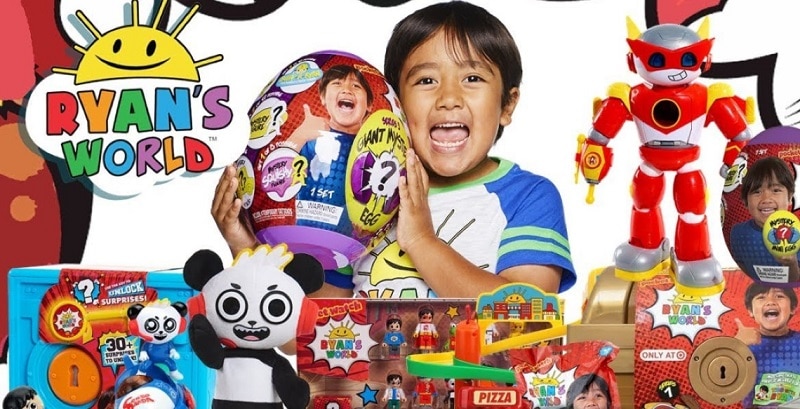
The study, from digital music licensing platform Lickd has revealed that one quarter of people believe child influencers should either not be monetised or should be stopped from having accounts entirely.
Key findings:
- 58% think children should not be put in the limelight by their parents before they are old enough to consent, or should not be allowed to have accounts at all.
- 41% of people believe that there should be far stricter monitoring of children-focused accounts to ensure that the content and comments are appropriate.
- But 31% claim there is nothing wrong with parents running accounts for their kids, on the grounds that people know what is best for their own children.
In a survey of more than 2,000 UK adults, 58% of respondents stated that children should not be put in the limelight by their parents before they are old enough to consent, or should not be allowed their own accounts altogether. A further 25% agreed that kidfluencer accounts should not be monetised, and that child influencers are being used by parents to make an “easy buck”. This contrasts with 31% of people who take the opposite perspective, claiming there is nothing wrong in parents having kids accounts, on the grounds that parents know what is best for their children.
Given the current climate around better protecting people’s safety online, 41% of respondents believe that there should be far stricter monitoring of children-focused accounts to ensure that the content and comments are appropriate. Social media giant, YouTube has taken action, forcing creators to designate when their content is made for kids, but other major platforms have proven reluctant to introduce rules or codes of conduct for young stars or their parents.
Paul Sampson, CEO of Lickd, said: “Looking at the influencer market, the intersecting issues of monetisation, unclear sponsored videos, exploitation and child safety mean it is only a matter of time before platforms follow YouTube’s lead and begin creating rules to properly safeguard children. While currently the cases of young influencers being exploited or under-protected are thankfully few and far between, there is a growing need for platforms to take on a duty of care for their youngest influencers. As a business which strives to protect creators from copyright infringement while simultaneously rewarding artists for their work, we feel very strongly about taking an ethical approach to content creation, especially when young people are involved”.
At a time when there have been many controversies surrounding ‘kidfluencers’ such as Myka and James Stauffer of The Stauffer Life who gave away their adopted autistic son to another family after using his story to build their personal brand, the debate about young influencers and exploitation on social media has been reignited.
According to a survey of 3,000 children conducted by Lego last year, the most coveted profession among those in the US and the UK is “vlogger/YouTuber”, indicating that this issue is set to be a concern for some time to come.
